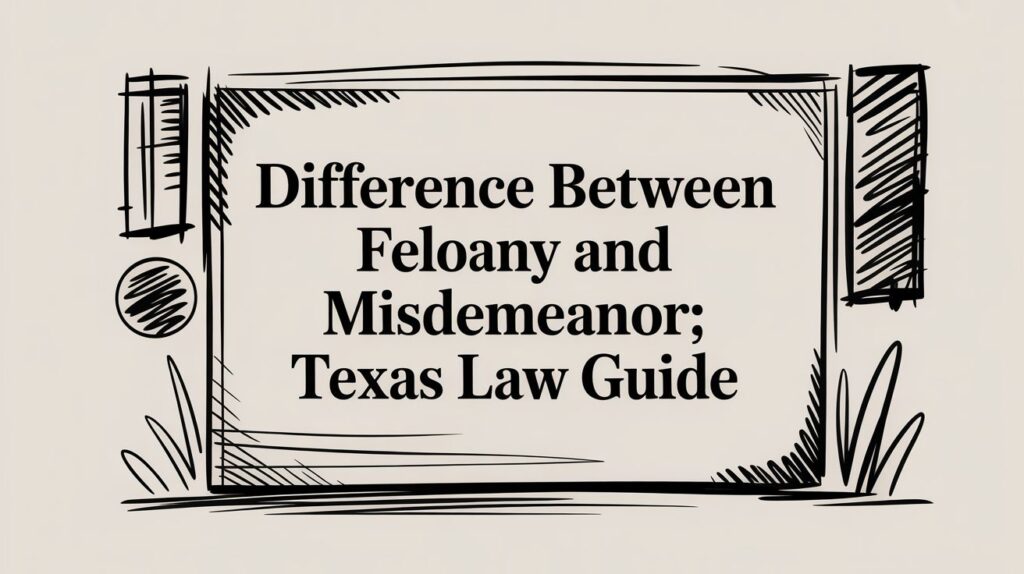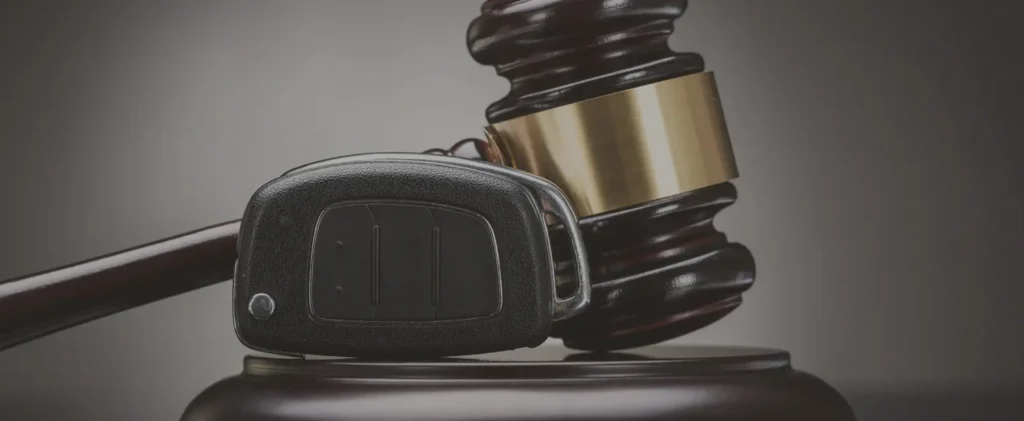Understanding the Different Types of DUI Charges in Texas
In Texas, DUI charges can vary significantly based on the circumstances of the offense. The primary types include DUI for minors, misdemeanor DUI, and felony DUI. Each type carries different legal implications and potential penalties, making it essential for defendants to understand the specific charge they are facing.
For instance, a DUI charge for a minor, which involves a driver under the age of 21, can result in severe consequences including license suspension and mandatory alcohol education programs. On the other hand, felony DUI charges typically arise from repeat offenses or incidents involving injury or death, leading to much harsher penalties, including lengthy prison sentences.
The Role of Breathalyzers and Field Sobriety Tests in DUI Cases
Breathalyzers and field sobriety tests are critical components of DUI enforcement in Texas. Law enforcement officers use these tools to assess a driver's level of impairment during a traffic stop. Understanding how these tests work and their potential inaccuracies can be vital for anyone facing DUI charges.
For example, breathalyzer devices measure blood alcohol concentration (BAC) through a breath sample; however, factors such as calibration issues or medical conditions can lead to false readings. Similarly, field sobriety tests, which include tasks like walking in a straight line or balancing on one leg, can be influenced by a variety of external factors, such as weather conditions or physical limitations, potentially undermining their reliability in court.
Consequences of Ignoring a DUI Charge in Texas
Ignoring a DUI charge in Texas can lead to severe repercussions, including automatic license suspension and additional criminal penalties. Many individuals underestimate the importance of responding to charges promptly, believing that they can simply avoid the situation.
Failure to address a DUI charge can escalate the legal issues, leading to a warrant for arrest or increased fines. It is crucial for individuals to seek legal counsel immediately upon receiving a DUI charge to navigate the complexities of the legal system effectively and to mitigate the potential consequences.
Finding the Right DUI Attorney in Texas
Choosing the right DUI attorney can significantly impact the outcome of a DUI case. A qualified attorney will have experience in Texas DUI laws and a track record of successfully defending clients against similar charges. Factors to consider include their familiarity with local courts and their approach to client representation.
Furthermore, it’s beneficial to seek an attorney who offers a comprehensive consultation to discuss your specific case details. This initial meeting can provide insight into their strategy, fees, and how they plan to handle your defense, ensuring that you feel confident in their ability to represent your interests effectively.









